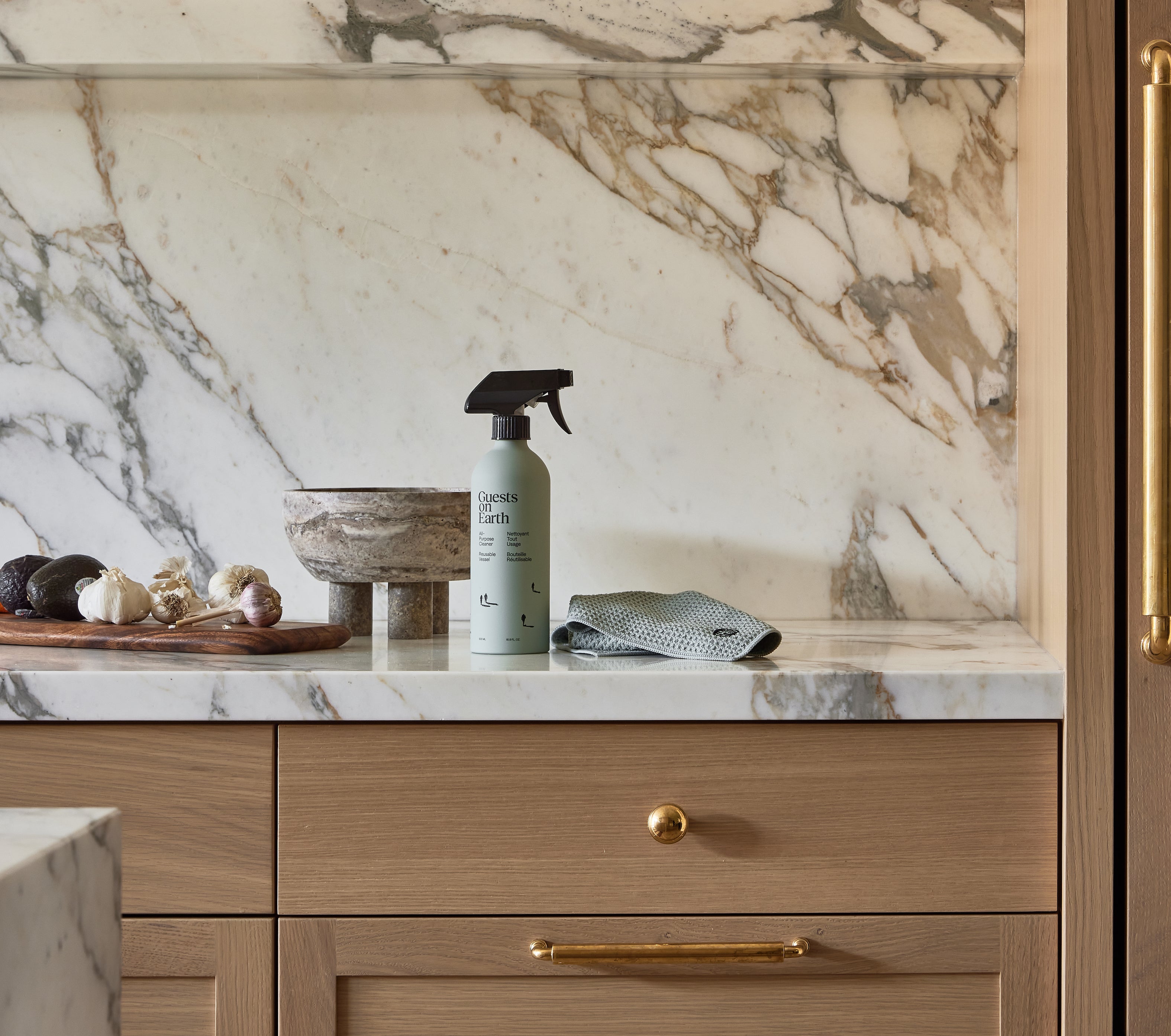
In today's fast-paced world, self-care has become an essential practice to maintain our overall well-being. While traditional self-care activities often focus on personal health and wellness, there is one aspect that is frequently overlooked—the care we give to our homes.
Believe it or not, home care can be a powerful form of self-care. Taking the time to create a nurturing and organized living space can have a significant impact on our mental and emotional well-being. In this blog post, we will explore five examples of how people can personally benefit from taking better care of their homes.
1. Decluttering for Mental Clarity
A cluttered home often translates to a cluttered mind. By decluttering and organizing your living space, you create a harmonious environment that promotes mental clarity. Removing unnecessary items and organizing your belongings can reduce stress, increase productivity, and create a sense of calm. It allows you to focus on what truly matters, fostering a more peaceful state of mind.
2. Creating a Relaxing Sanctuary
Your home should be a sanctuary—a place where you can unwind and recharge. By investing time and effort into creating a cozy and tranquil environment, you provide yourself with a space for relaxation and rejuvenation. Consider incorporating elements like soft lighting, soothing colors, comfortable furniture, and personal touches that bring you joy. Turning your home into a calming oasis can enhance your overall well-being and help you recharge after a long day.
3. Nurturing a Healthy Living Environment
Taking care of your home also means taking care of your health. Regular cleaning and maintenance tasks contribute to a clean and healthy living environment. Clean air, dust-free surfaces, and a well-maintained home reduce the risk of allergies, respiratory issues, and other health problems. Prioritizing home care by cleaning, ventilating, and regularly replacing air filters can significantly improve your overall health and quality of life.
4. Enhancing Personal Productivity
Your home environment plays a vital role in your productivity levels. A well-organized and clutter-free space can boost your motivation and focus. Designate specific areas for work or study, ensuring they are well-equipped and free from distractions. Incorporating organization systems, such as calendars, to-do lists, or digital apps, can further enhance your productivity and help you stay on top of your tasks. By taking better care of your home, you set the stage for increased personal productivity and success.
5. Fostering a Sense of Pride and Accomplishment
When you invest time and effort in caring for your home, you create a sense of pride and accomplishment. Seeing your space clean, organized, and well-maintained brings a feeling of satisfaction and fulfillment. It boosts your self-esteem and reinforces the idea that you have control over your surroundings. Taking better care of your home can create a positive feedback loop, where the more you invest in it, the more motivated you become to continue the cycle of self-care.
Home care is not just about keeping a tidy house—it's a form of self-care that can have profound effects on your overall well-being. By decluttering, creating a relaxing sanctuary, nurturing a healthy living environment, enhancing personal productivity, and fostering a sense of pride and accomplishment, you can personally benefit from taking better care of your home. So, let's recognize the hidden connection between home care and self-care, and start transforming our living spaces into nurturing havens that support our overall well-being.
How does caring for your home fit into your self-care?


Leave a comment